Black & Bilingual #AroundTheWorld - Rio de Janeiro, Brazil
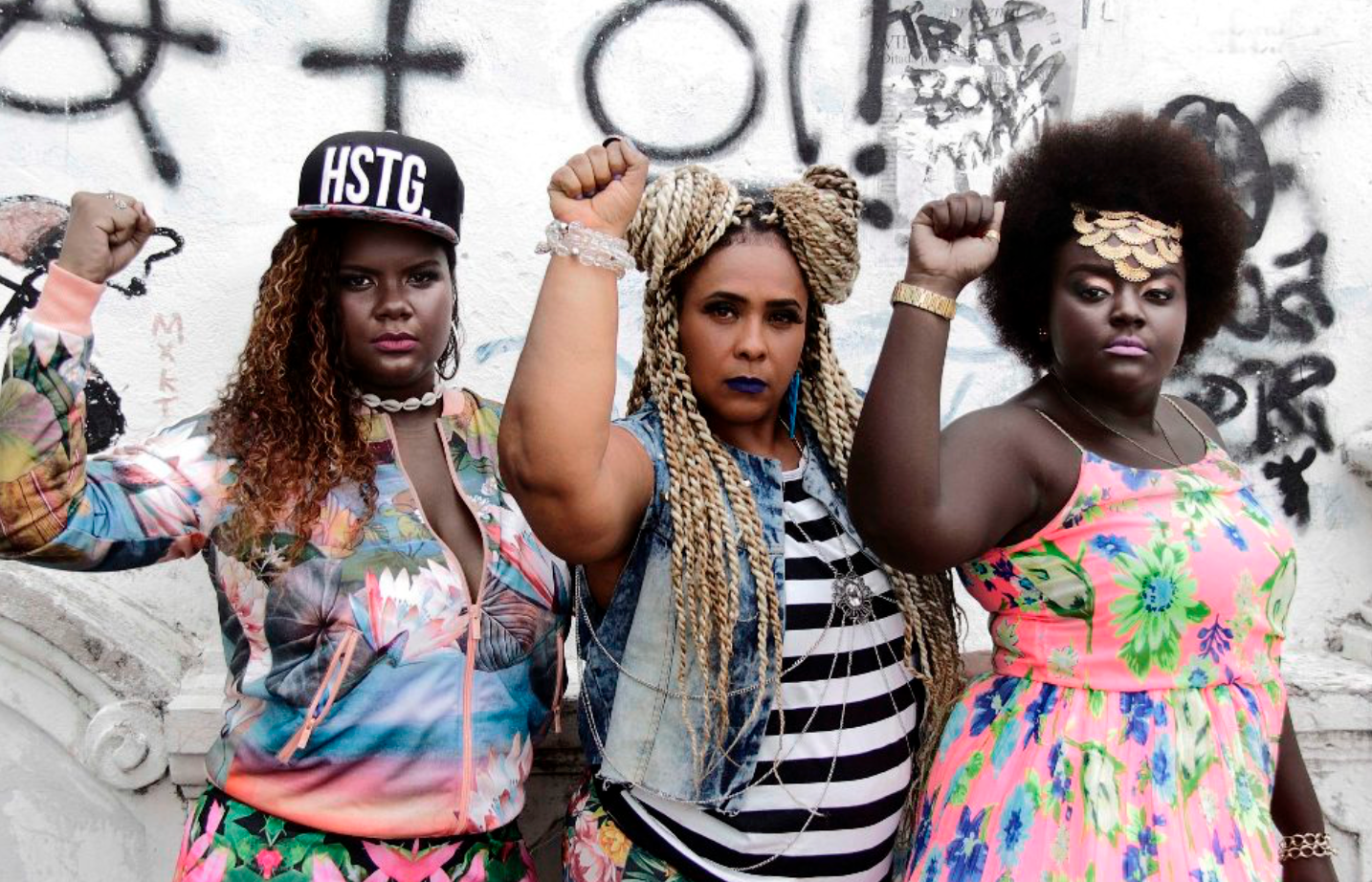
There are numerous things that come to mind when one thinks of Rio de Janeiro, Brazil. Beautiful beaches. Beautiful women. The 2016 Summer Olympics and the Christ the Redeemer statue to name a few.
Rio de Janeiro
Rio de Janeiro is the capital of Brazil, and it is the 6th largest city in the Western Hemisphere. The Rio region was originally inhabited by the indigenous Tupi, Puri, Botocudo, and Maxakali peoples. In the early to mid-1500s, Portuguese colonizers made trips to the region. On March 1, 1569, the Portuguese renamed the region Rio de Janeiro (aka January River).

The Transatlantic Slave Trade
During the Sugar Era, Rio de Janeiro became a major port for import and export. By the 1800s, Rio de Janeiro became a major city in the Transatlantic Slave Trade. Between the 16th and 19th centuries, 1 to 2 million slaves were brought to Rio de Janeiro making it the largest slave port in the world.

Afro-Brazilians
Rio de Janeiro is home to over 6 million people, including Afro-Brazilians. In 2010, Census data found that over 50 percent of Rio de Janeiro's population identified as Black or mixed. This was a phenomenon because Brazil, like other Latin American countries, implemented Blanqueamiento in the late 19th to 20th centuries. It was a mandated rule to "whiten" the race to improve European immigration. Blanqueamiento was another way to erase the history and perpetuation of Blackness in Latin American countries through the use of economics. As in many other nations with a Black population, colorism played a huge role in Brazilian culture. The lighter, or closer to white, someone is, then the more success they are able to achieve. Despite this rule, proud Afro-Brazilians exist and their culture is embedded in the thread of Brazil.

Languages
Afro-Brazilians speak Portuguese as their main language. However, through the Transatlantic Slave Trade much of West African culture was brought to Brazil. The two cultures intertwined and Pretoguês was born. Pretoguês is a term coined by Afro-Brazilian activist Lélia González, and it is similar to "Black English" or "Ebonics" in the United States. Also, a little known fact about linguistics is Calonga is a secret language spoken among Afro-Brazilian elders. Calonga integrates Bantu linguistics with Portuguese. Afro-Brazilian elders only use the language when necessary.
Afro-Brazilian Food
Afro-Brazilian cuisine is directly influenced by West African staples. A popular dish is carurú. It is the oldest African dish in Brazil, and very similar to gumbo. It is a spicy stew with smoked shrimp or fish and has okra, onions, palm oil, and peppers. Other popular staples in Afro-Brazilian cuisine are rice, beans, crab, and ground peanuts.

Samba Music
Samba is the musical genre created by Afro-Brazilians. It is heavily influenced by West African rhythms and instrumentation. Over the years, Samba has become a key part of Brazilian pride and nationalism. However, it is a raw, unique sound that was cultivated in the Brazilian favelas. In 1917, the first Samba song -Pelo Telefone - was recorded. Since then, Samba has grown and branched off into other subgenres such as Bossa Nova and Hip-Hop. Popular artists from around the world, like Michael Jackson, have incorporated Samba sounds in their music. Samba is also associated with several dances, and the Rio de Janeiro Carnival celebration.
Pelo Telefone - 1917
Afro-Brazilians dance to Samba during Carnival
Capoeira
Capoeira is an Afro-Brazilian martial arts style. It was developed by Brazilian slaves as a means to survive the harness of slavery on sugarcane plantations. Capoeira is unique because it combines dance with music to create a form of fighting. Slaves used this martial arts style to learn to defend themselves, while passing the style off to slave owners as a dance among themselves. Today, Capoeira is a staple in Brazilian popular culture and in the martial arts world on a global scale.
Afro-Brazilians and Black culture worldwide
Although majority of the emphasis is placed on the United States slave trade, over 1 million Africans were brought to Rio de Janeiro. Afro-Brazilians have had to face countless racial injustices for centuries that affect their housing, jobs, and overall lifestyle. Unfortunately, what Afro-Brazilians face daily is the same story for Black people worldwide. One major issue in Brazil today is police brutality. Just like how Black people in the United States are fighting systemic oppression, Afro-Brazilians are too. Afro-Brazilians built Brazil, and activists work daily to show that Black Lives Matter and Black Contributions Matter. Afro-Brazilians are just a piece of the Black Diaspora. Their fight shows that we are all one. We are the most talented, creative people on earth. We are being exploited on all corners of the earth, yet we are resilient and ever rising. I believe one day that Black people worldwide will no longer have to fight systemic oppression, and that we can live in peace with dignity and respect.




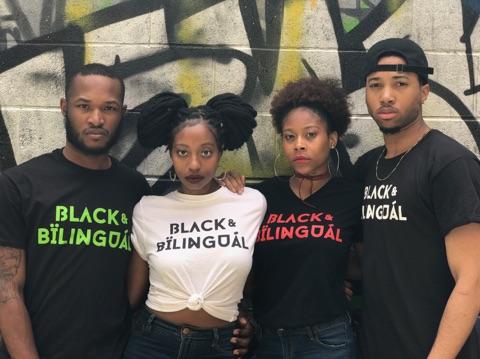
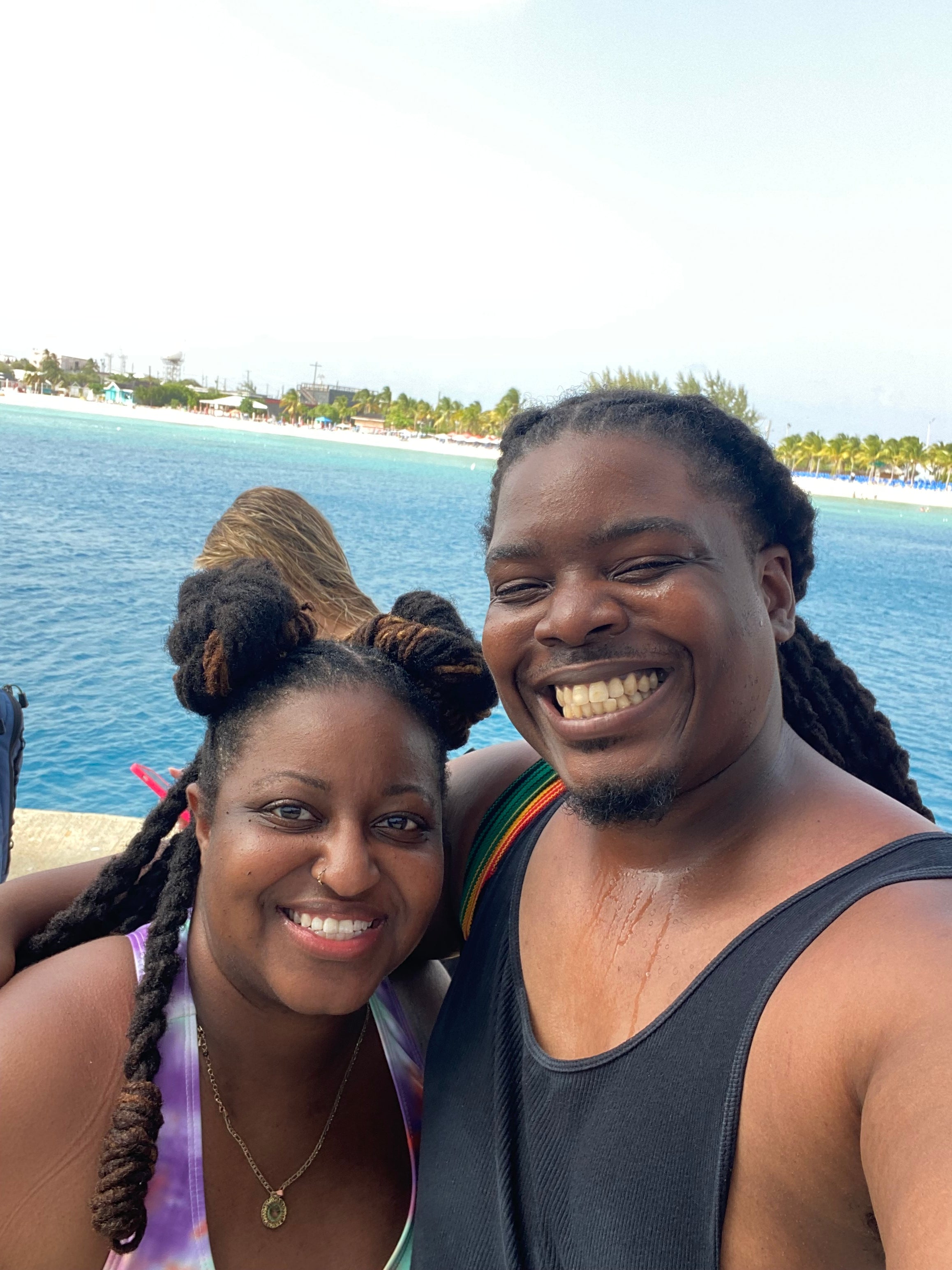
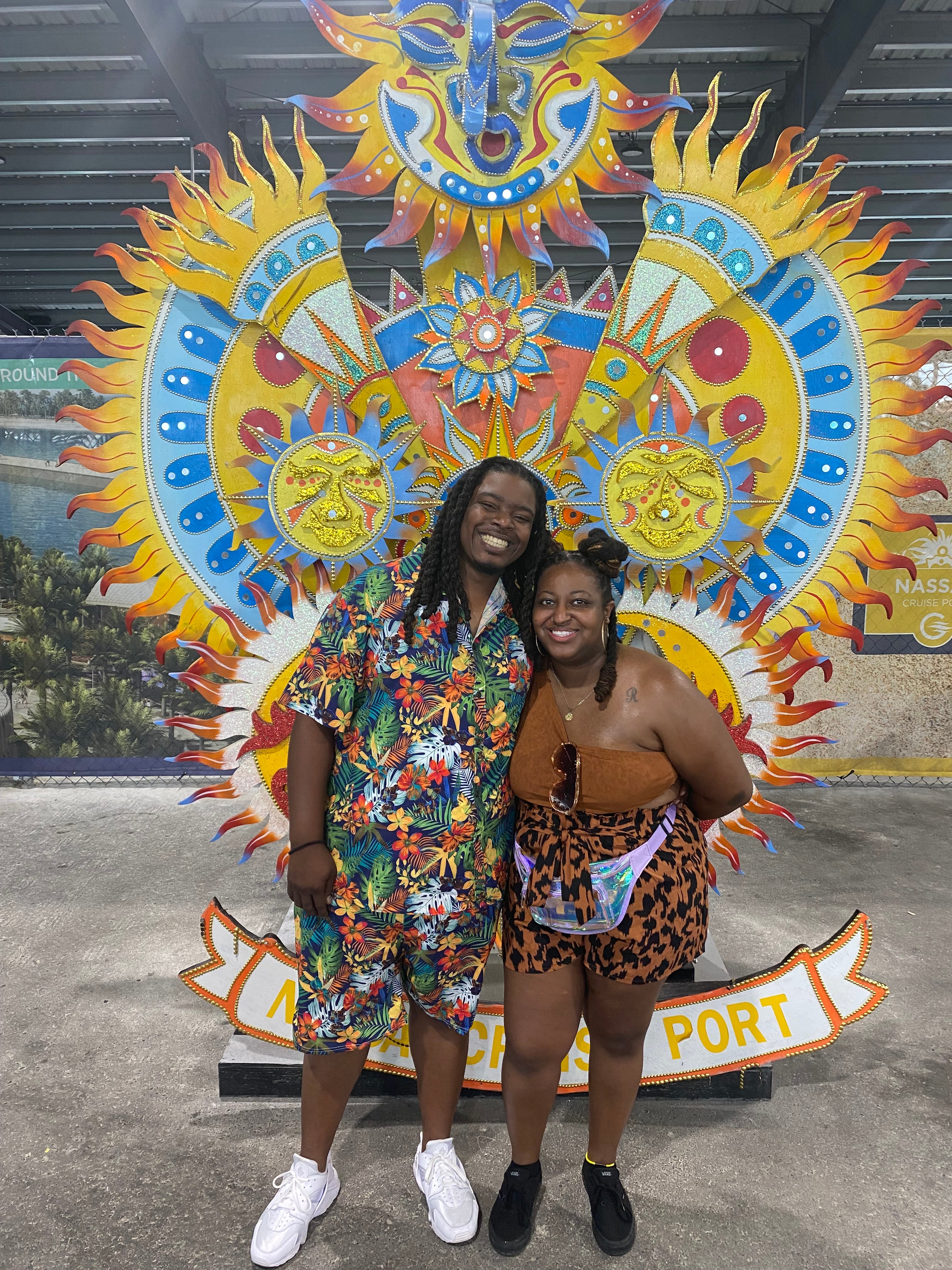
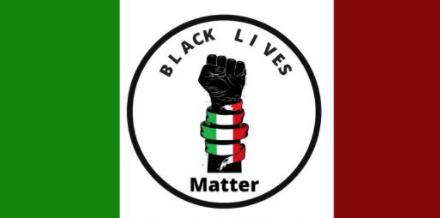
Leave a comment